By James Adamu
The National Institute for Legislative and Democratic Studies (NILDS) has said that gender inclusivity and youth involvement in politics remain key factors to the entrenchment of democratic ideals in the country, calling on the National Assembly to put more energy in that direction.
NILDS is the training organ of the National Assembly, charged with the primary duties of training lawmakers, building their capacity and offering a wide range of technical services.
The Director-General of NILDS, Prof. Abubakar Sulaiman, while making the call in Abuja on Thursday, also noted that Persons Living With Disability (PLWD) had democratic rights that should be recognised and protected for the smooth running of the society.
Sulaiman, who spoke with journalists on a wide-range of issues, observed that though the National Assembly had vastly improved on its mandate, passing many bills and resolutions, compared to 20 or 26 years ago, it must now deepen democratic participation through gender inclusivity and youth participation.
Sulaiman’s call came amid the agitation for more women representation in politics across the 36 states of the Federation, with emphasis on the introduction of policies and legislation deliberately tailored towards enhancing the chances of women in leadership positions.
For instance, in the current 10th Senate, there are only four out of 109 senators, while the House of Representatives has just 16 women out of the total of 360 members.
He stated, “The performance of the National Assembly has not been bad.
They have more bills and motions, and there is stability in the leadership, compared to years before now.
“However, we still have a long way to go in the area of gender inclusivity, youth involvement in politics and the inclusion of physically challenged persons.
“As long as women and youths are excluded from governance, you can’t talk about democracy. So, the legislature has to do more in terms of inclusivity, research and all that.
“The National Assembly will be held responsible if all these laws are not being formulated to achieve these objectives and also tackling issues such as insecurity.”
Prof. Sulaiman, who has overseen the affairs of NILDS since 2019, said in the last six years, the body had provided capacity-building and research services to the Legislature and several other democratic institutions, including political parties in Nigeria and beyond.
He recalled that at the height of the debate on whether subsidy on fuel should be removed, NILDS, through research findings, was the “first to say subsidy must be removed.”
Sulaiman added however, that the same NILDS was the first to come up with the recommendation that in removing subsidy, it must be “done logically” to avoid any potential distortions to the system.
The DG urged all Nigerians to do everything within their means to continue to promote democratic ideals, specifically advising political parties and the Independent National Electoral Commission (INEC) to strictly uphold the rules of the game.
He expressed concern over a situation where some political groups would prefer “roadside consultants” to availing themselves of the professional services that NILDS could render in deepening the governance process.
“Our democracy is deficient until certain things are done”, he said, adding, “We need to do more in sensitisation, advocacy. We must work against any attempt for anybody to take us back to pre-1999.”
He commended President Bola Tinubu whom he described as “a democrat par excellence”, for the mileage achieved by his administration in the last two years.
Sulaiman urged all stakeholders to continue to take the right decisions to beef up democracy.

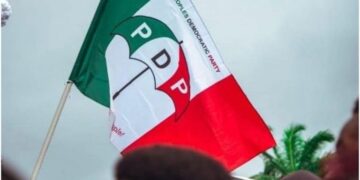
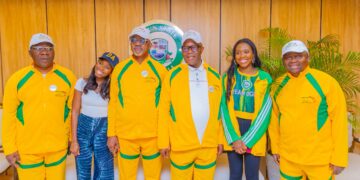
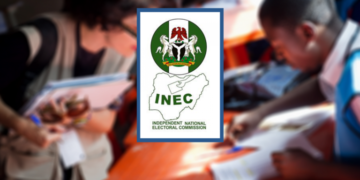
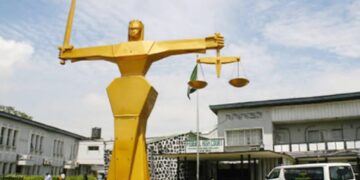


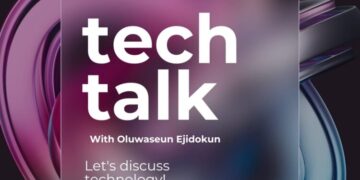




































Discussion about this post